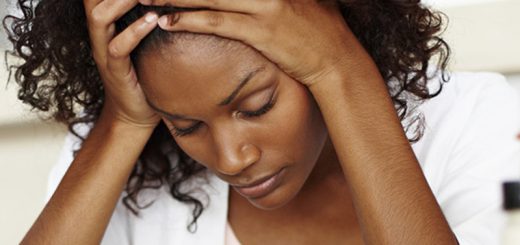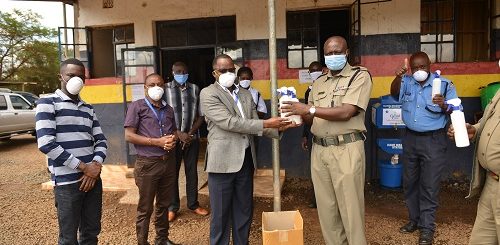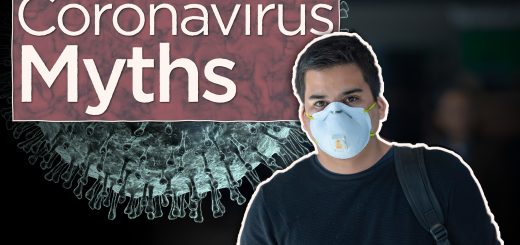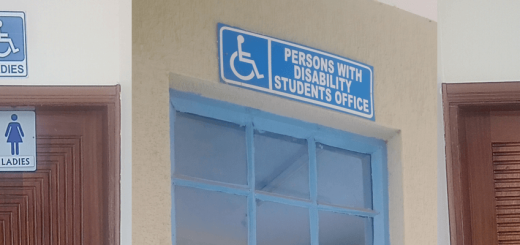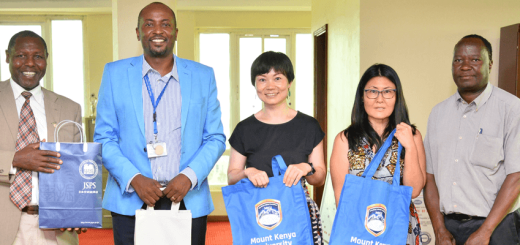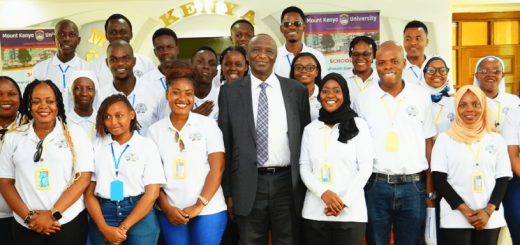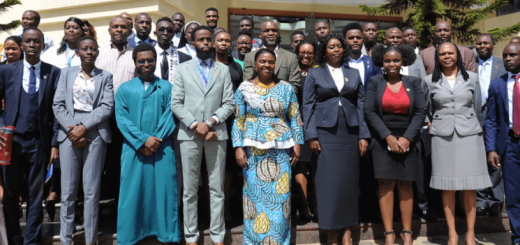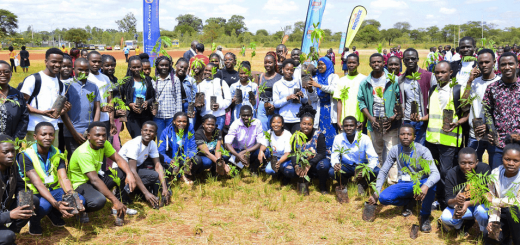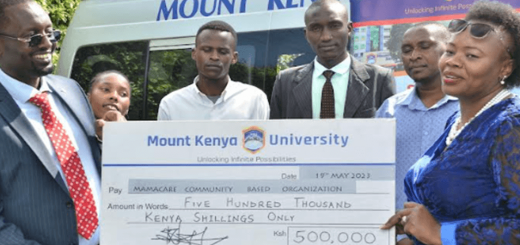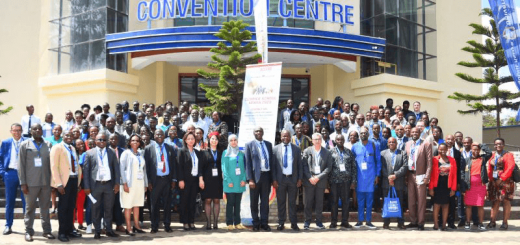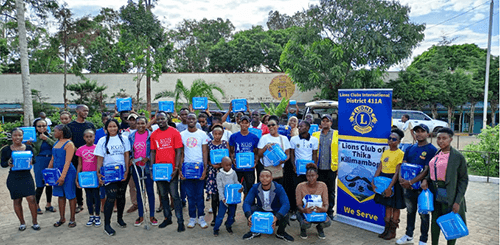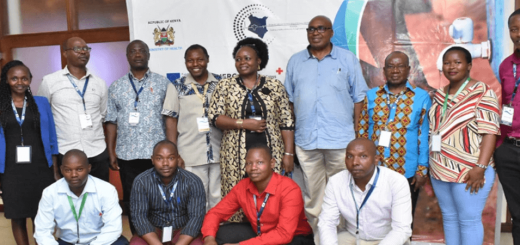Gender-based violence during Covid-19
The Covid-19 pandemic is exacerbating an already deplorable gender-based violence situation and spiraling into a crisis of great proportions. This calls for exerted efforts by governments, development organisations, communities and institutions to stem the tide, according to Dr Gilbert Maroko, a professional counselling psychologist.
Dr Maroko, who is also the head of the psychology department at Mount Kenya University (MKU), says society is sick following the social and economic stresses wrought by Covid-19, and needs urgent healing.
He observes that, whereas domestic violence cannot be eradicated, it can be minimized and that need is greater now because the pandemic has fueled the widespread violation of women’s rights and escalation of domestic violence.
The don calls for governments and civil society organisations to increase public awareness on what individuals and communities can do to reduce cases of gender-based violence.
The United Nations Population Fund (UNFPA) observes that the pandemic is compounding existing gender inequalities, and increasing risks of gender-based violence. It calls for the protection and promotion of the rights of women and girls to be prioritised.
UNFPA says so in a technical brief titled, “Gender Equality and Addressing Gender-Based Violence (GBV) and Coronavirus Disease (COVID-19): Prevention, Protection and Response.”
The UN agency says the pandemic is weakening protection systems, putting women and girls at “a greater risk of experiencing gender-based violence, and the threat of harmful practices including female genital mutilation and child, early, and forced marriages.”
It adds that gender, age and disability inequalities compound the situatin, placing women, girls and vulnerable populations at greater risk of GBV and harmful practices and in need of prevention, risk mitigation and response services. At the same time, the very services they require are reduced as resources are diverted to respond to the overall health crisis.
Dr Maroko argues that the cultural aspect of male dominance is also a complex cog in gender based violence especially sexual and emotional violence.
“Cases of rape, especially of minors, are widespread in our communities,” says the don.
Dr Maroko says since extended family members are the first responders to gender-based violence incidences, they should expose the perpetrators while protecting the victims by exercising empathy and love.
He further says religious groupings such as fellowships can also be of great help by training their members on how to avoid and mitigate gender-based violence.
Dr Maroko notes with concern that the long school shut-downs occasioned by the ongoing COVID-19 pandemic has led to more girls being raped and impregnated. Others are married off forcefully, effectively being denied the opportunity to go back to class and harness their God-given talents when schools re-open.
Rapists, says the counselling psychologist, “are projecting their aggression to underage girls because the girls are weak and cannot defend themselves. These aggressions are camouflaged in enticements such as money, food and even sanitary towels.”
He urges government institutions tasked with child protection such as children’s courts and rehabilitation schools to be at the forefront in fighting gender-based violence which disproportionately affects children, girls and women.
UNFPA appeals to governments to put in place social protection systems and measures to address gendered risks over the course of the pandemic. These systems, says the UN agency, play a vital role in protecting women from poverty and insecurity, helping them and their families cope from the pandemic, and recover from other economic and social shocks and ultimately promote and protect their rights.
By EVANS ONGWAE

